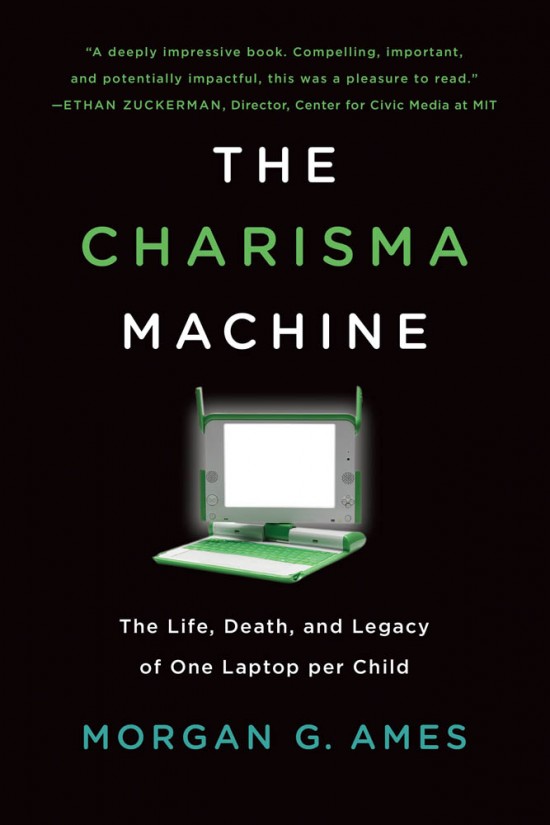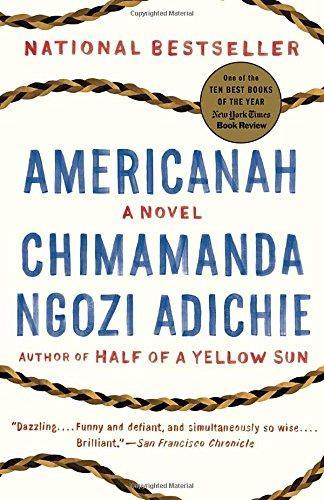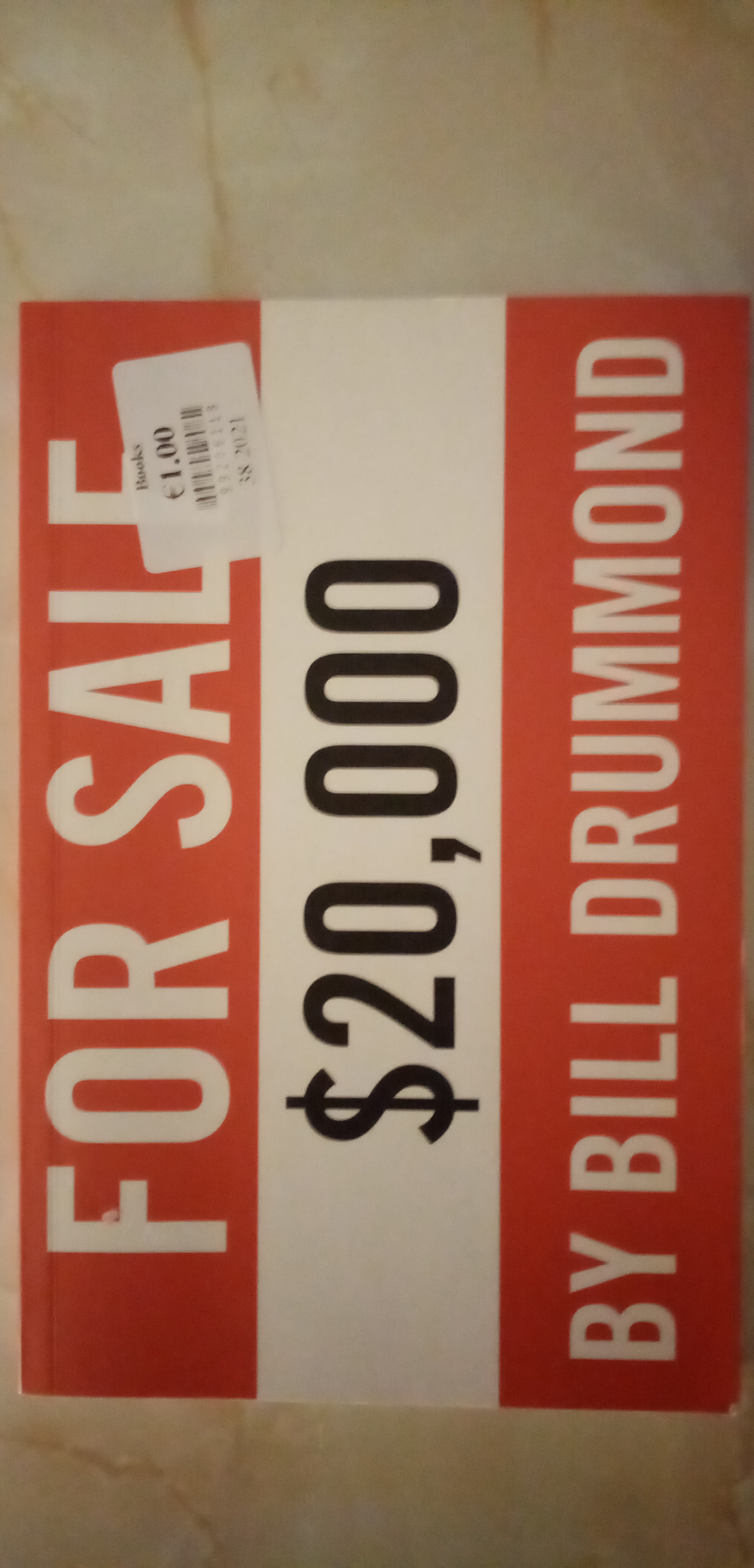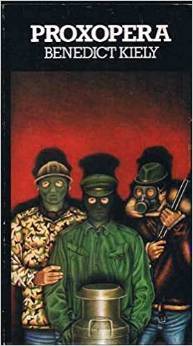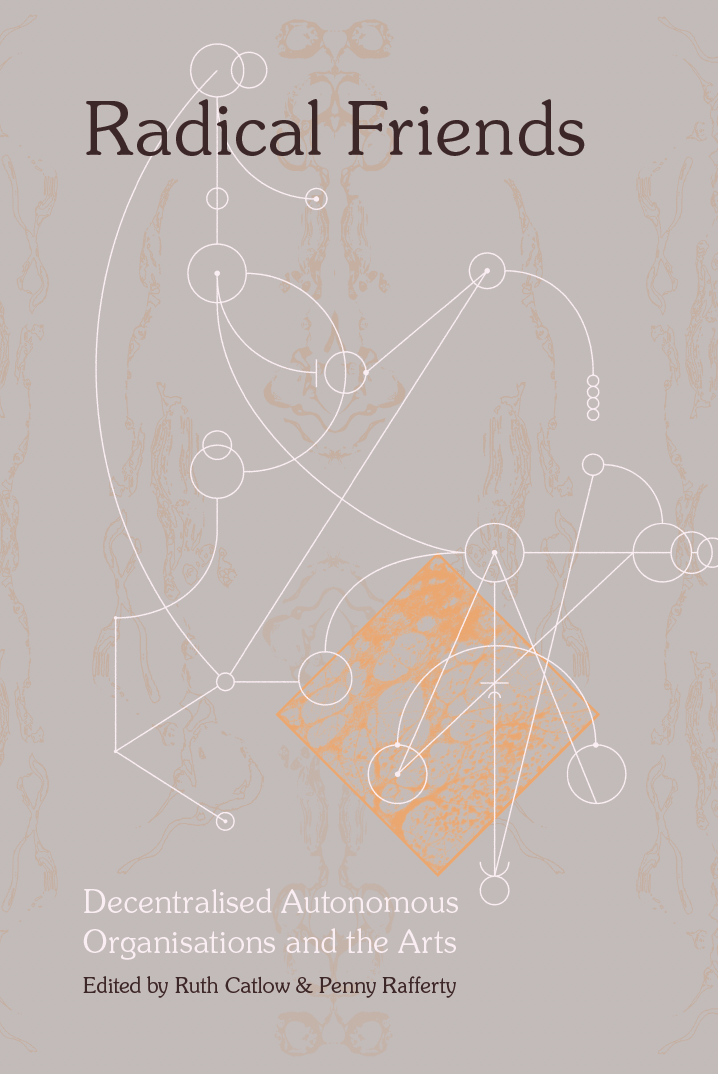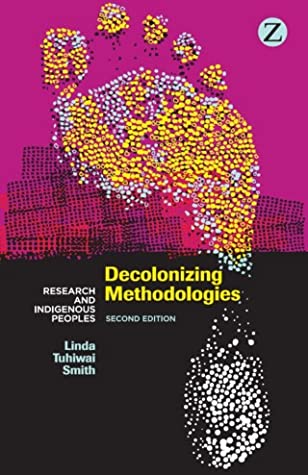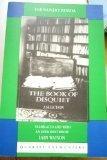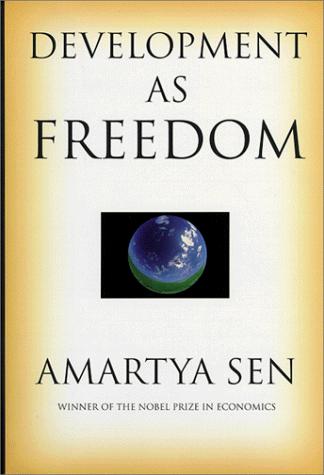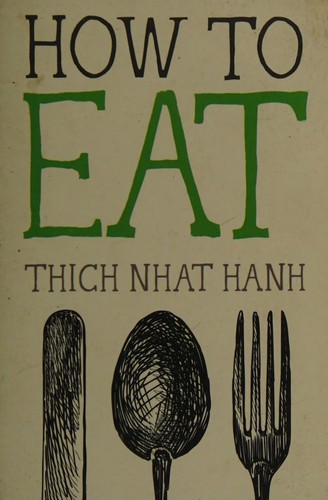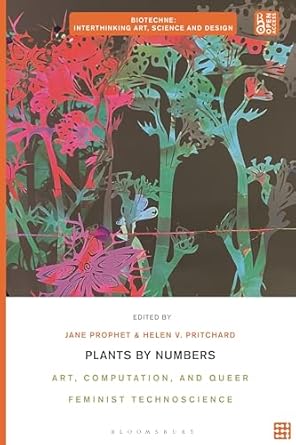This answer resonates with me, in response to a comment about 'institution-making' and spoken by interviewee John Bingham-Hall.
User Profile
I arrange things into artworks, including paint, wood, plastic, raspberry pi, people, words, dialogues, arduino, sensors, web tech, light and code.
I use words other people have written to help guide these projects, so I read as often as I can. Most of what I read is literature (fiction) or nonfiction on philosophy, art theory, ethics and technology.
Also on Mastodon.
This link opens in a pop-up window
User Activity
So, does the institution always need to be only the host? If you have an institution where the members of it are also its voices [-->] and performers, could that lead to solidarities between artists and institutional workers? What happens when there's not a clear division between those positions? Would an artist we invite into the organisation then work together as a peer with the organisation?
— Infrastructuring : Four Conversations on Cultural by Susannah Haslam
Fionnáin reviewed We Do Not Part by Han Kang
Snowflakes don't melt
4 stars
Content warning Mention of Jeju genocide/massacres
Han Kang is a beautiful writer. She somehow expresses so much in a line, like in this book when the uncanny is perfectly presented as a sea with no waves. We Do Not Part is her most recent novel, and deals with two protagonists (the narrator and her friend Inseon) who have been friends for years. They decided to make an artwork together that appeared in a dream of our narrator, but that consumes Inseon because it becomes a vessel for her to tell the story of the massacres on Jeju Island in the 1940s and 1950s.
All of this is told in a dreamlike narrative where it's unclear if any character is in our worldly realm. The stories of those adults and children lost to that terrible history become more solid and concrete than those of our modern-day protagonists, and time becomes blurred. It is a beautiful and devastating novel, as most of Kang's work is.
One small complaint is on the coherence of the language, which I think may have been a problem with the translation, which might have been rushed by the publisher to profit from Kang's recent Nobel Prize.
Fionnáin reviewed Are Ye Going Up Town? by Hélène Bradley Davies
A unique local history
No rating
Are Ye Going Up Town is a research project by three university staff in Limerick, Ireland, who looked at the history of shopping in that city. The topic sounds a little specific, but the result presents some things I had never considered about the role shopping plays in social and urban connections. The emergence of department stores in the 19th century, and shopping centres (or 'malls') in the 20th, is something I had never considered as part of a social evolution, although this is not my field.
The book is the result of an incredibly deep project that took years to compile. It includes essays, scans of dozens of advertisements, photographs from the past two centuries, oral histories, and very concrete research. It's impressive in its depth, but it is very specific to place and field of research so may not be worth exploring unless the topics seem of interest.
Fionnáin reviewed Wired Our Own Way by Niamh Garvey
Wires revealed
4 stars
This anthology of writers and others who have autism in Ireland features writers from many different fields and backgrounds, and with many different variations of autism and AuDHD. Each chapter gives a personal view from the writer.
With so many voices, there is space given to many different perspectives on living with autism. For someone with limited knowledge, it gave me a clearer view of the smorgasbord of personalities of autistic-diagnosed people in Ireland. The unique experiences and diverse writing styles bring a clear individuality to every story. The editing and design is really tidy and considerate, and the perspectives are clearly presented. As with any book of this kind, there is natural repetition in chapters where people with similar diagnoses write about their often similar experiences, but this takes little from the book.
Fionnáin reviewed Ravel: a novel by Jean Echenoz
Bum notes
1 star
I picked Echenoz' book out at random, judging it by its cover, and the adage rang true here. This biographical novel of the composer Ravel begins with some pretty clumsy patriarchal moments, and just goes downhill from there. I found it slow and dull, and skipped the last 20 pages. Even for a short book it wasn't worth it.
Fionnáin reviewed Development as freedom by Amartya Kumar Sen
Economics from the ground up
3 stars
Amartya Sen's 1999 book presents his dominant economic ideals, mostly focussed on how economic development must be coupled with social schemes and not just an influx of money. The idea seems a little obvious to anyone who reads feminist philosophy, but the evidence presented is written for people in economics who may not always encounter these ideas. It's hard to tell how radical this may have seemed in 1999, because I am not familiar enough with the school of economics.
It is presented as a layperson's book, and for the first third Sen does a good job in grounding how economic theory reached this point. Later on the chapters remain interesting but become a little dry for someone like me who is not an economist. The ideas remain sound, and the comparisons between countries and their social and economic positions, but the writing got a little too domain-specific for me.
Fionnáin reviewed How to eat by Thích Nhất Hạnh
Taking a moment to eat
No rating
Thich Nhat Hanh is a gentle voice in mindfulness. This short book gives reflections and meditations, and a few nice illustrations, on the topic of food and eating. They ask us to be mindful of the complexity of our food chain and the human and nonhuman actors that make it possible for us to eat in this modern world. Like all Hanh's writing, it's a beautiful, gentle book.
Fionnáin <p>finished reading</p>
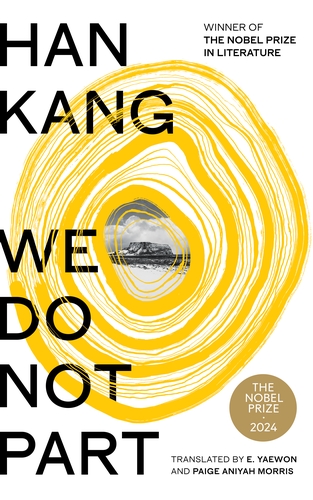
We Do Not Part by Han Kang
One winter morning, Kyungha receives an urgent message from her friend Inseon to visit her at a hospital in Seoul. …
Fionnáin started reading Infrastructuring : Four Conversations on Cultural by Susannah Haslam
Fionnáin <p>finished reading</p>
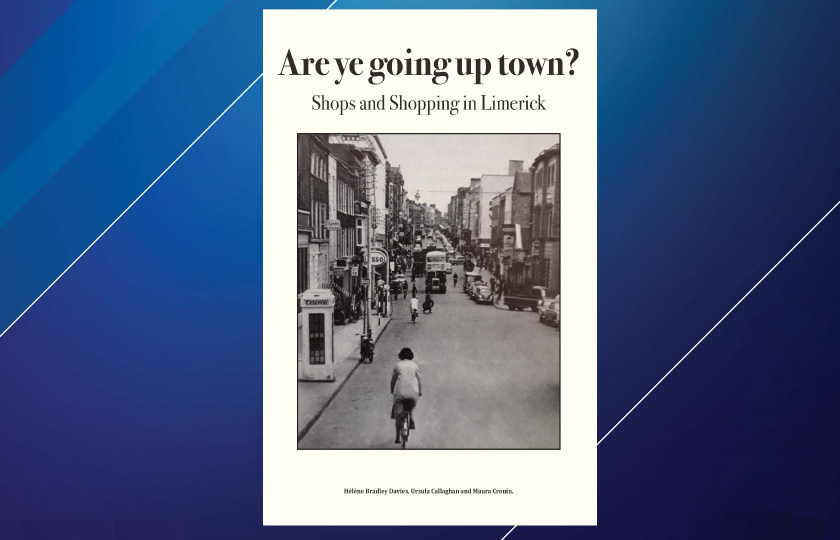
Are Ye Going Up Town? by Hélène Bradley Davies, Ursula Callaghan, Maura Cronin
‘Are ye going up town? Shops and shopping in Limerick’ is the product of a three-way partnership between Limerick City …
In terms of scale and size the majority of department stores were housed in impressive buildings on a par with cathedrals, railway buildings and city halls.
— Are Ye Going Up Town? by Hélène Bradley Davies, Ursula Callaghan, Maura Cronin
In a section about the history of department stores. I found this comparison really interesting.
Fionnáin started reading Flights by Olga Tokarczuk
Fionnáin <p>finished reading</p>
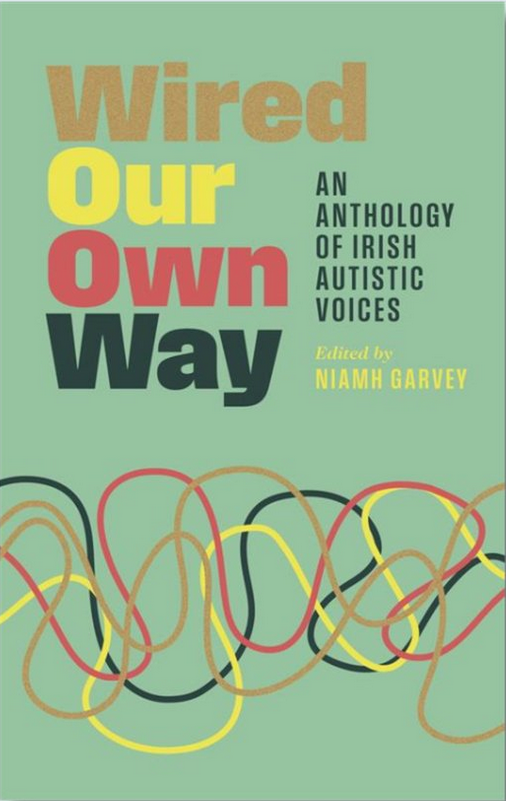
Wired Our Own Way by Niamh Garvey
Wired Our Own Way: An Anthology of Irish Autistic Voices is the first collection of personal essays written by autistic …
Fionnáin quoted Plants by Numbers by Jane Prophet
We write “so-called plants” because we want to problematize the limitations of the ontological figure of “plant,” and the isolation it implies. This is a way to question the various methods that biology, computer science, 3D modeling or border management put to work to create finite, specified, and discrete entities which represent the characteristics of whole species, erasing the nuances of very particular beings.
From the chapter 'So-called Plants' by Jara Rocha and Femke Smelting (pp77-96).
